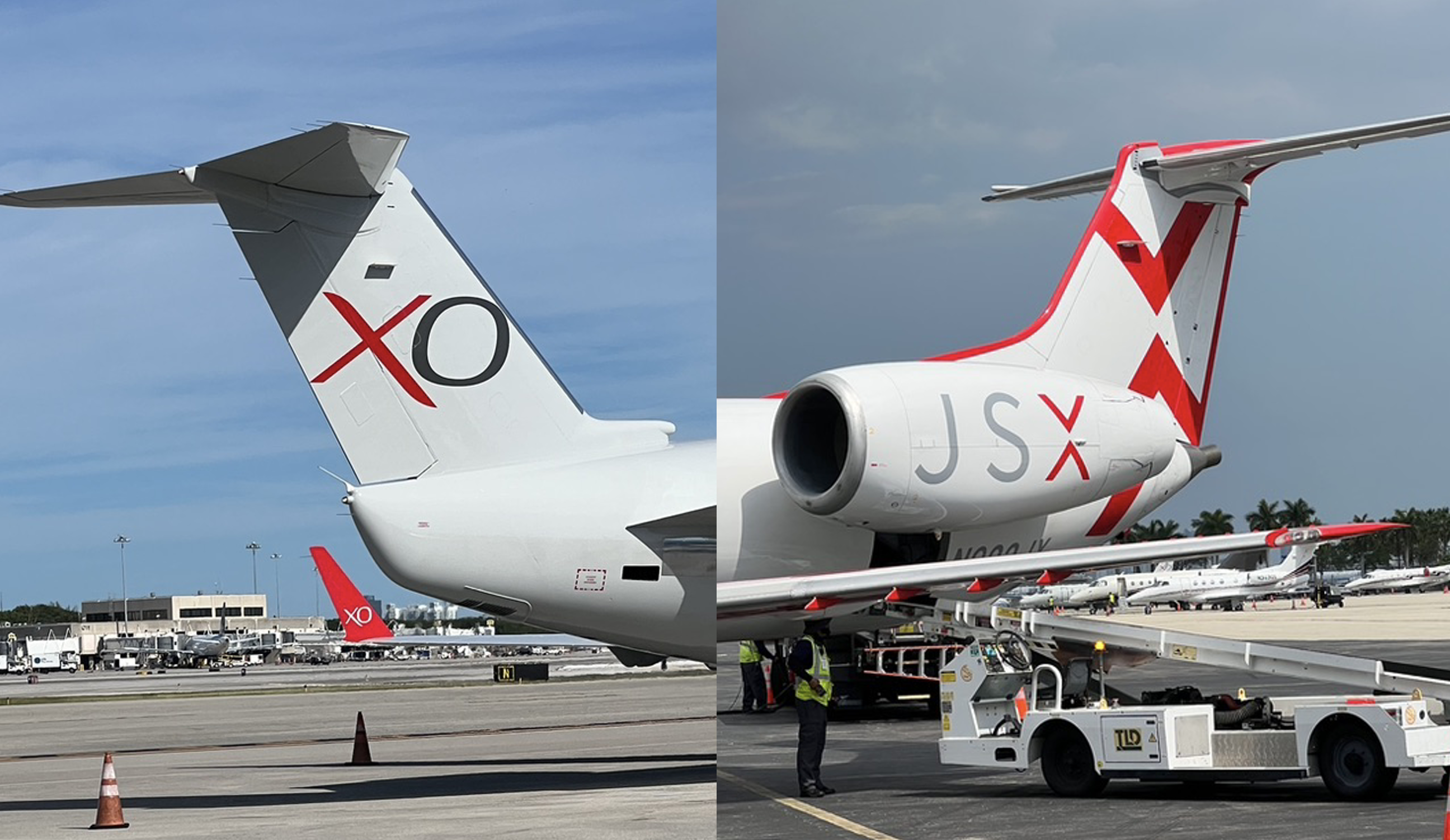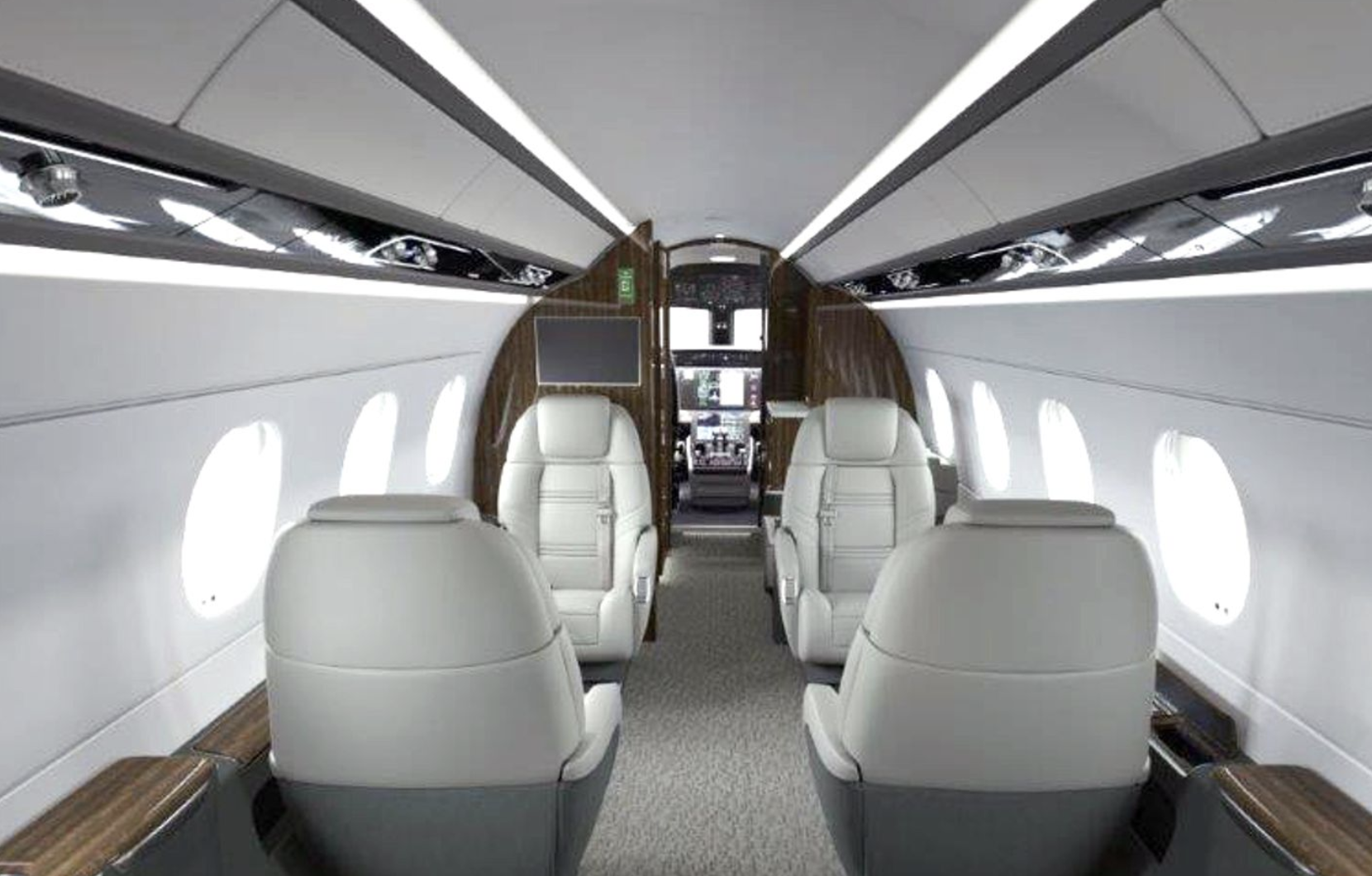Flight providers such as JSX, XO, Aero, and others offering individual seats and sharing on scheduled flights between private terminals, including FBOs, are facing new rules governing their operations.
The Federal Aviation Administration announced this morning it “intends to initiate a rulemaking to amend Part 110 definitions of scheduled, on-demand, and supplemental operations.”
The agency continues, “If finalized, the effect of this proposed rule change would be that public charters will be subject to operating rules based on the same safety parameters as other non-public charter operations.”
At the same time, regulators will “explore opportunities to align aircraft size and certification standards with operational needs for small community and rural air service.”
“Part of the safety mission of the FAA is identifying risk early on, and that’s exactly what we’re doing on public charters as usage expands. If a company is effectively operating as a scheduled airline, the FAA needs to determine whether those operations should follow the same stringent rules as scheduled airlines,” said FAA Administrator Mike Whitaker.
Last August, the FAA issued a Notice of Intent suggesting potential revisions to the regulatory definitions of on-demand operation, supplemental operation, and scheduled operation flown under 14 CFR Part 110. The Department of Transportation’s Part 380 regulations address economic authority for those offering public charters.
How does Part 380 work?
JSX, Vista Global’s XO, and Aero sell flights under Part 380.
The flights use reconfigured regional jets with 30 or fewer seats and have become popular as they use private terminals instead of main airport terminals.
Customers can arrive as little as 20 minutes before departure.
In an email to customers last October, JSX CEO Alex Wilcox wrote, “The truth is that two huge airlines – American and Southwest – and their labor union leaders – have been lobbying the FAA, TSA, and elected officials in Washington D.C. with misinformation and unsubstantiated safety claims in a brazen attempt to regulate JSX out of business.”
Reuters reported that Association of Flight Attendants-CWA President Sara Nelson praised the FAA’s action last year. She called the flight providers a “loophole that undermines safety and security rules for commercial aviation.”
Today, the FAA said it “intends to issue the notice of proposed rulemaking expeditiously.”
It continued, “As part of any proposed rule, FAA would seek comment on an effective date that would allow for industry to adapt to any change in the regulatory environment.”
Additionally, the Transportation Security Administration, known as the TSA, is “reviewing the security requirements of certain operators under the Twelve-Five Standard Security Program, which includes a proposal for the screening of passengers and their accessible property on public charter flights along with other requirements for all TFSSP operators.”
JSX responds
A JSX spokesperson tells Private Jet Card Comparisons, “JSX supports the Federal Aviation Administration’s efforts to maintain the safety of civil aviation and applauds FAA Administrator Whitaker’s plans to evaluate a new operating authority for certain Part 135 operations. More than half of JSX’s public charter markets operate in airports that are not served by large network airlines, yet there are thousands more airports – funded by the American taxpayer – that remain inaccessible to the vast majority of Americans unless they have the means to afford private jets. As the country’s largest public charter air carrier, JSX has modeled the way forward for safe, secure, and reliable regional operations under Part 135 since inception and, with intent to take delivery of up to 332 hybrid-electric airplanes from 2028, aligns with the Biden Administration’s call to encourage competition and innovation in air travel. We eagerly look forward to collaborating with our regulators to cement the importance of public charters and expand access to vital air connectivity in the future.”
NATA responds
“We expect the rulemaking process will provide time for the FAA and all interested parties to fully understand the historical record from the DOT and FAA, as well as the safety record of public charter operators, to base any changes on accurate data rather than competitive issues. Public charter is a longstanding economic authority granted by the DOT that has existed for over 40 years. Despite the frequent use of the term loophole, the record supports that public charter operators were always able to utilize the services of any licensed carrier, including on-demand operators,” National Air Transportation Association President and CEO Curt Castagna said in a written statement.
Industry opposition
Last year, seven industry groups co-signed a letter opposing changes to the status quo.
In the letter, the group wrote, “For more than 45 years, Part 135 carriers have operated aircraft safely and reliably on behalf of public charter operators under DOT part 380, unlocking substantial public benefits and providing valuable air transportation to many communities that otherwise would not have commercial air service.”
They added, “We are unaware of any accident or serious incident involving an operation under Part 135 using economic authority granted under Part 380 and involving a jet airplane. No accidents. No incidents.”
The letter was signed by the Airline Passenger Experience Association (APEX), General Aviation Manufacturers Association (GAMA), Helicopter Association International (HAI), International Flight Services Association (IFSA), National Air Transportation Association (NATA), National Association of State Aviation Officials (NASAO) and National Business Aviation Association (NBAA).
They concluded, “In an industry where four major airlines control more than 80% of the domestic market, Part 380 provides much-needed competition in a highly concentrated marketplace, often ensuring secondary markets and small communities continue to have options for meeting the air transportation needs of their citizens.”
Hit and Miss
While JSX has expanded nationally, XO has continued mainly between South Florida and New York.
However, not all entrants have had great success.
Set Jet, which operated by-the-seat scheduled flights, closed earlier this past year.
Fleet Clubs, which boasted plans to start numerous by-the-seat flights using private terminals on a schedule, still has a website.
However, it’s not clear if it ever launched.
Surf Air has curtailed its scheduled by-the-seat flights.
Wheels Up and Jet Linx offered members the opportunity to share flights in their jet card programs.
However, Jet Linx ended the program last year, and under new management, Wheels Up no longer uses it as a marketing focus.
In fact, this morning, it dropped its Connect membership as part of an overall revamp. The entry-level membership, when launched in 2019, was designed to spur jet sharing.












